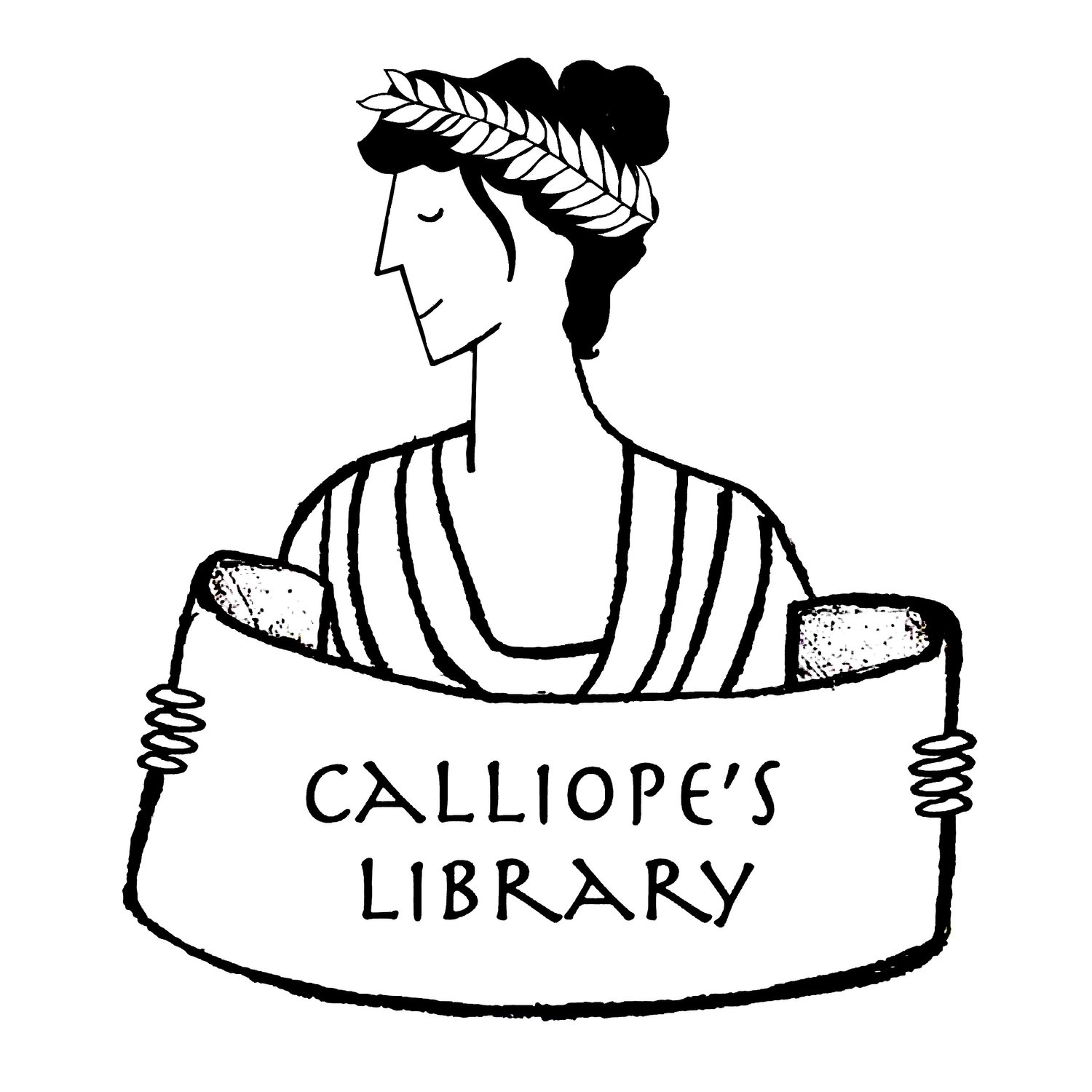Title: Babel: Or the Necessity of Violence: An Arcane History of the Oxford Translators' Revolution
Author: R. F. Kuang
Date: 2022
Tags: New Adult, Novel, Medieval to modern worlds, Asian lead, Racially/ethnically diverse, Award winner: Nebula Award for Best Novel
Babel is about students from the edges of the British empire enrolled in the prestigious Royal Institute of Translation at a fictional version of 1830s Oxford, where sets of matched cognate words in different languages, inscribed on silver, can work magic. The main character, known only by his English name, Robin Swift, is brought to Oxford for his fluency in Mandarin, but the study of Latin and Greek take up broad swaths of the novel. Latin and Greek literature is fascinating to Robin, but author R. F. Kuang cleverly demonstrates the ways that it was employed in the colonialist program of 19th century European empires. Throughout the narrative, there are constant etymologies involving Latin and Greek roots that make explicit the hidden undercurrents of the world that Robin must navigate. Babel’s outcome is a forgone conclusion from its name, because this is a book where words matter. Even so, I recommend reading it with a group, if you can, and don’t stay up too late to finish it. You’ll want someone to talk to when you do.
This book is Dark Academia at its finest. Many reviews suggest it for fans of Donna Tartt’s The Secret History, but it’s really for folks who found The Secret History frustrating because it could have been so much more. Babel is a powerful reminder that academia has been and still can be used for evil. Even so, in the end the characters still draw on ancient history and ancient literature for comfort. Seneca, Socrates, and Vergil offer solace to the characters in their darkest hour. The title suggests that the book’s overarching philosophy is that violence is required to drive change, but it’s actually much more complicated than that. The real takeaway is that knowledge is power, unadulterated, and how we use it matters. — Krishni Burns


